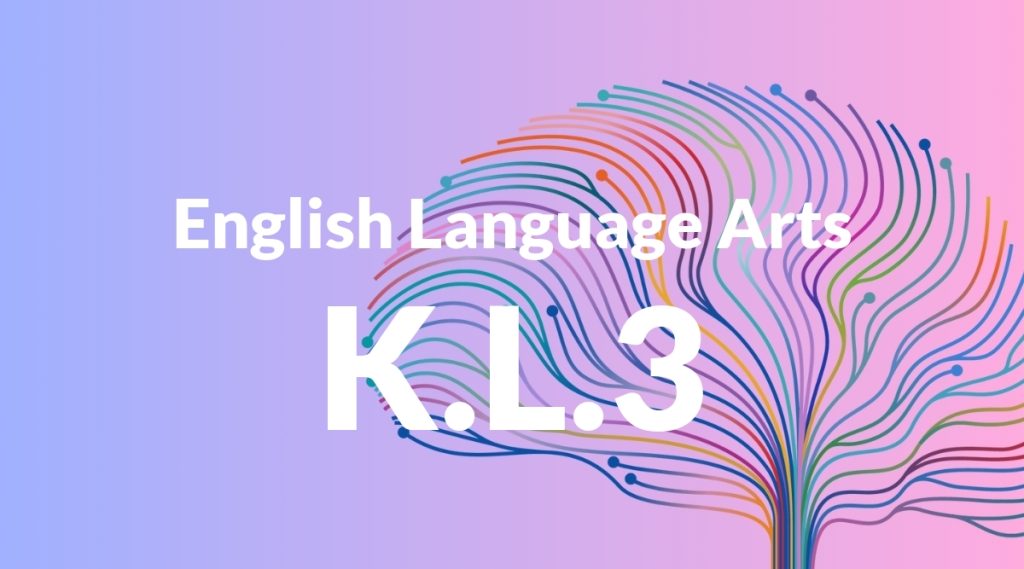Standard: K.L.3 – (Begins in grade 2)
Grade level: Kindergarten
Subject: English Language Arts
Domain: Language
Teacher Overview
This standard focuses on developing early language skills in Kindergarten, which are foundational for future language and reading development. It emphasizes the importance of recognizing letters, understanding basic words, and participating in simple conversations. Students should have basic listening skills and the ability to recognize and name some letters of the alphabet.
After mastering this standard, students will develop the ability to understand and use more complex language structures, enhance their vocabulary, and improve their reading comprehension skills.
Common Misconception 1
Some students may think they need to read fluently before understanding language concepts. This is incorrect because early language skills can be developed through listening and speaking activities.
Intervention 1
To address this misconception, provide activities that emphasize listening and speaking, such as storytelling and repeating simple sentences.
Common Misconception 2
Another common misconception is that recognizing letters is the same as understanding words. This is incorrect because letter recognition is a precursor to word comprehension.
Intervention 2
Engage students in activities that differentiate between letter recognition and word comprehension, such as matching letters to pictures and forming simple words with letter blocks.
Prerequisite Knowledge
Students should have basic listening skills and the ability to recognize and name some letters of the alphabet.
Subsequent Knowledge
Students will develop the ability to understand and use more complex language structures, enhance their vocabulary, and improve their reading comprehension skills.
Instructional Activities
- Letter recognition games
- Storytelling sessions
- Rhyming word activities
- Simple conversation practice
- Picture book reading




